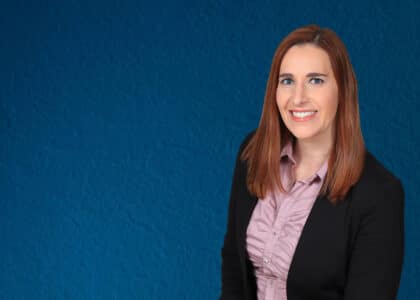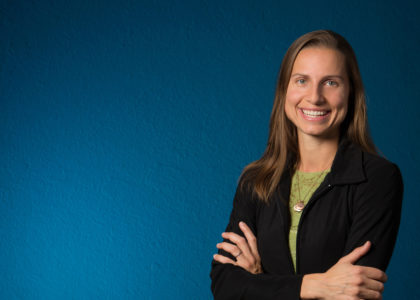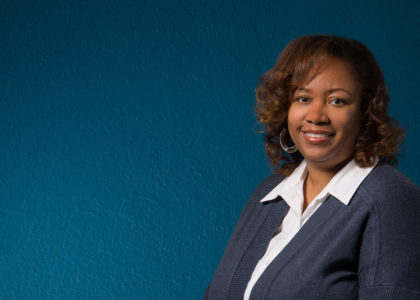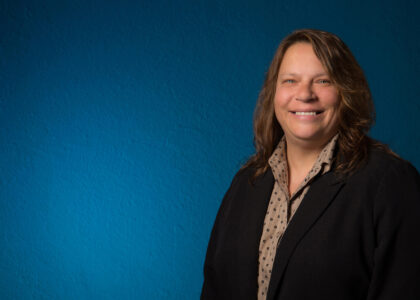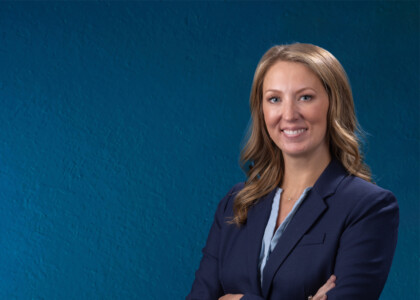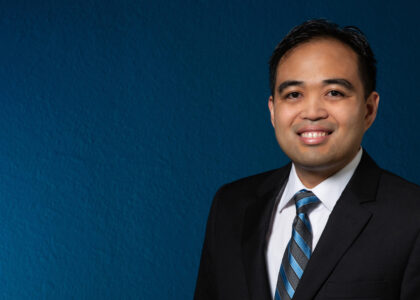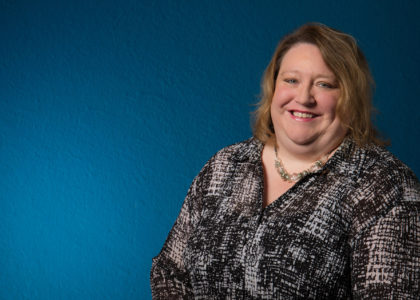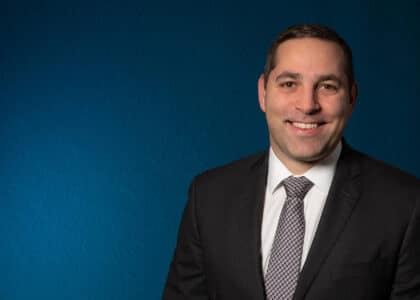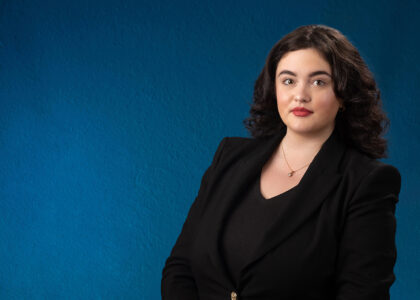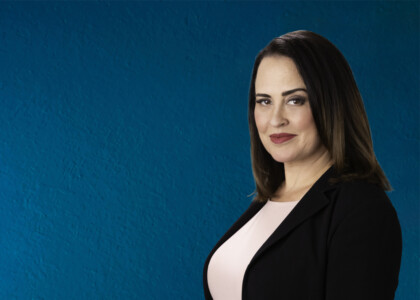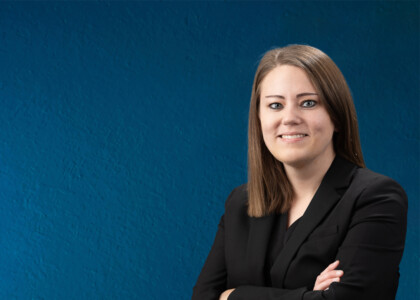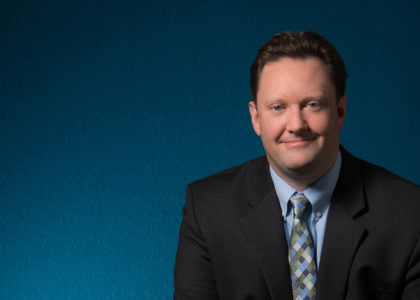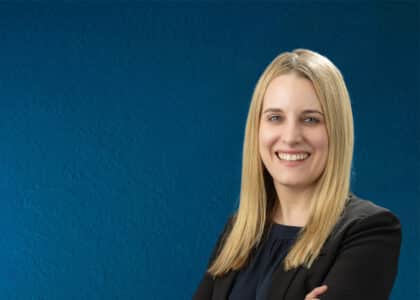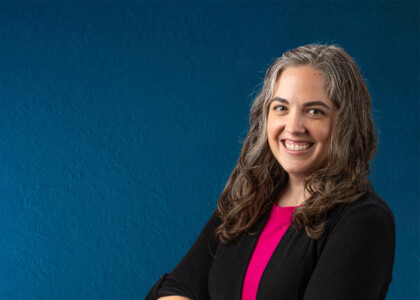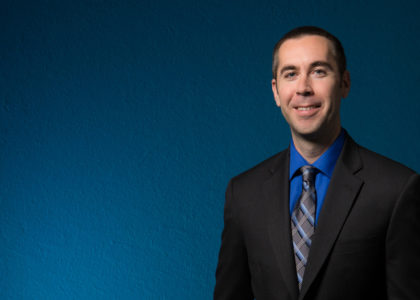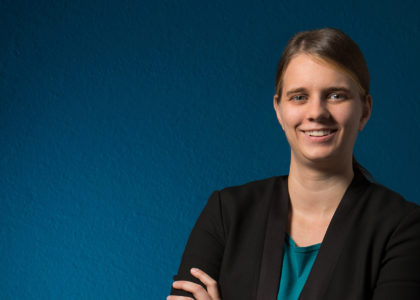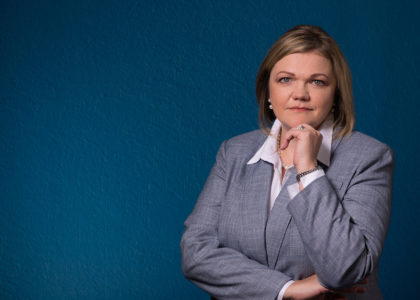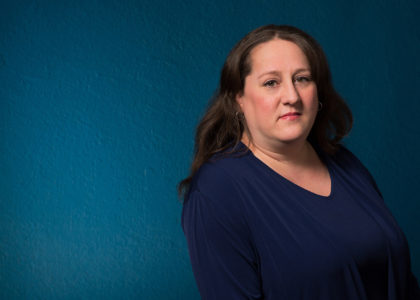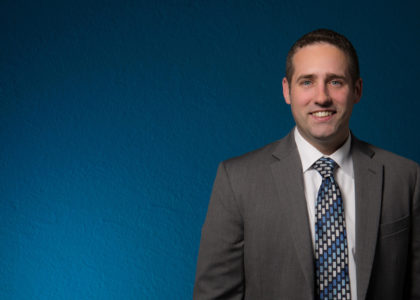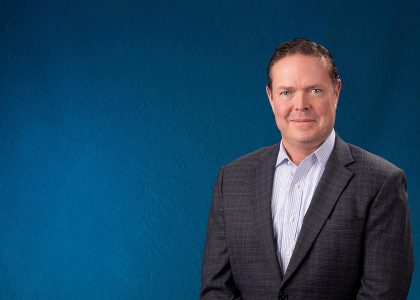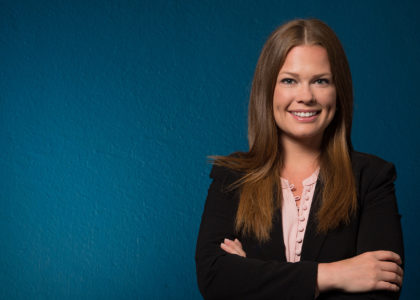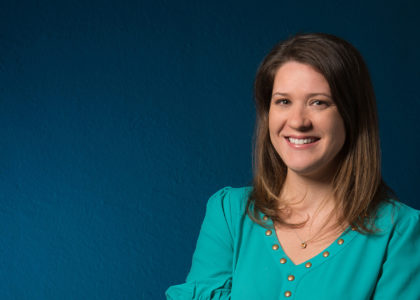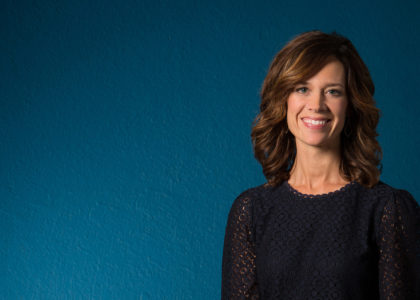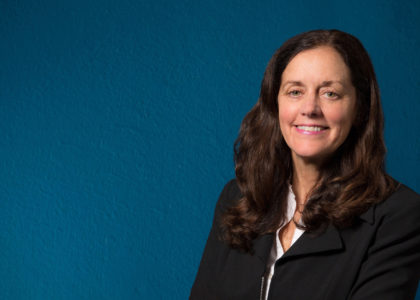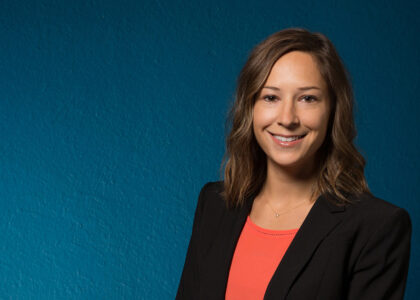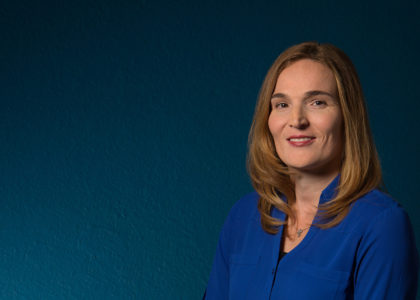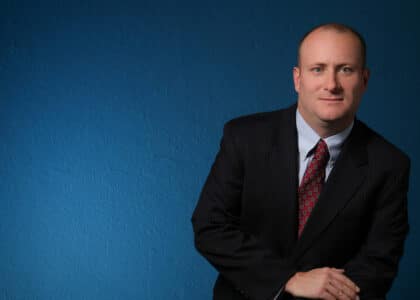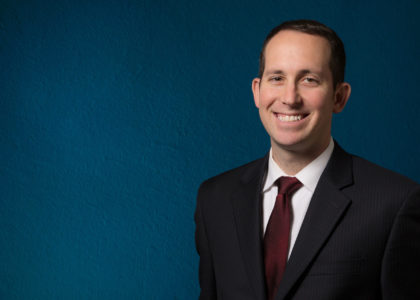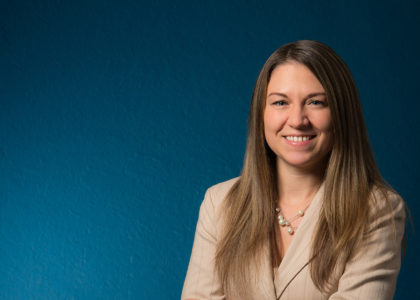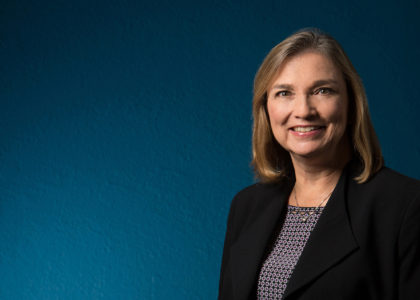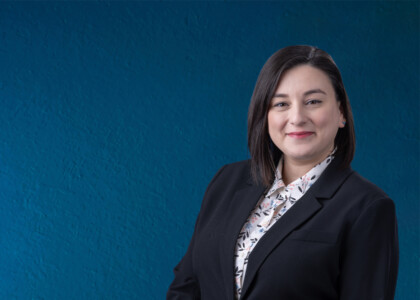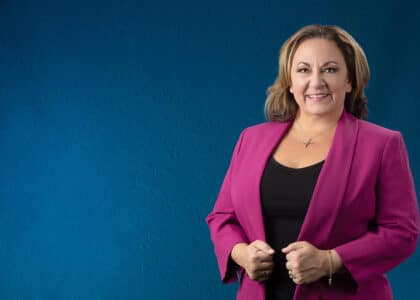Donor-advised funds (DAFs) have become a very popular vehicle for donors interested in securing significant tax benefits while also fulfilling their philanthropic urges in a manner that allows them to have involvement with how their donated funds are spent. In comparison to private foundations, which are costly to operate and may not maximize tax savings, DAFs frequently are a much better choice for high-net-worth individuals to accomplish their charitable objectives in an involved manner. However, a proposed IRS regulation may deter financial advisors from recommending DAFs to their clients, as the clients’ investment in DAFs may expose the financial advisors to substantial financial penalties in the form of excise taxes. Nonetheless, clients should remember that DAFs will remain a viable option for accomplishing their charitable objectives in a tax beneficial manner.
Impetus for the Proposed Regulation
The proposal is part of a package of DAF-related proposed regulations that the IRS released in November 2023. Among other things, the regulations would expand the definition of donor-advisors so that a donor’s personal investment advisor could incur costly excise taxes if the advisor has a certain level of involvement with the DAF assets.
The IRS cites concerns about conflicts of interests. It asserts that sponsoring organizations may allow the appointment of a donor’s personal investment advisor to advise on the investment of DAF funds as a way of encouraging investment advisors to nudge their clients toward giving through a DAF (as opposed to giving directly to a charity).
The IRS also suggests that donors and their personal advisors might have incentive to not advise distributions from their DAFs. The agency also notes that a “more than incidental benefit” could occur if the advisor reduces its charges to the donor for managing personal assets because the advisor also manages the DAF assets.
The Proposed Regulation
Specifically, the proposed definition of “donor-advisor” would include personal investment advisors who manage the investment or provide investment advice related to both the DAF assets and the donor’s personal assets. Moreover, the DAF’s payment of compensation to such an advisor would be an “automatic” excess benefit transaction subject to excise taxes under Internal Revenue Code Section 4958.
The proposed regulation does include two exceptions. It would not apply if:
- The donor recommends an investment advisor who provides services to the sponsoring organization as a whole, rather than providing services to the DAF (for example, if an investment advisor contracts with a sponsoring organization to provide services to all of its DAFs, and the sponsoring organization reasonably charges the investment advisor’s fees uniformly to all of those DAFs); or
- The donor recommends a person to serve on a sponsoring organization committee that advises on distributions or investments of amounts in a fund or account if: 1) the recommendation is based on objective criteria related to the person’s expertise in the fund or account’s particular field of interest or purpose; 2) the committee consists of three or more individuals and a majority of the committee is not recommended by the donor; and 3) the person is not a related person to the recommending donor.
If an exception does not apply, a 25% excise tax would be imposed on the amount of compensation paid for the advisor’s services by the DAF. The personal investment advisor also would be required to return the compensation, with interest, to the DAF’s sponsoring organization. If not corrected, the advisor would face a 200% additional excise tax.
Understandably, these hefty penalties likely would deter personal investment advisors from suggesting DAFs to their clients. That does not mean, though, that clients should not consider DAFs as a vehicle to achieve their objectives.
On the Radar
The IRS accepted comments on the package of proposed regulations until Feb. 15, 2024. The commenters included the Securities Industry and Financial Markets Association (SIFMA) and the American Institute of CPAs (AICPA). Both organizations recommended that personal investment advisors be excluded from the definition of “donor-advisor.”
Many experts, however, believe the proposed regulations are just the beginning, with more stringent proposed regulations yet to come. While the proposed rules do not have an effective date, final rules most likely would take effect immediately upon release. Those with or considering DAFs should stay tuned.
Contact Jason Gierhahn at [email protected] or 312.670.7444 or your ORBA advisor for more information.
Related Services
Related Industries
Dental
Health Care
Law Firms and Lawyers
Manufacturing and Distribution
Not-For-Profit
Real Estate
Restaurant
Sports & Entertainment

